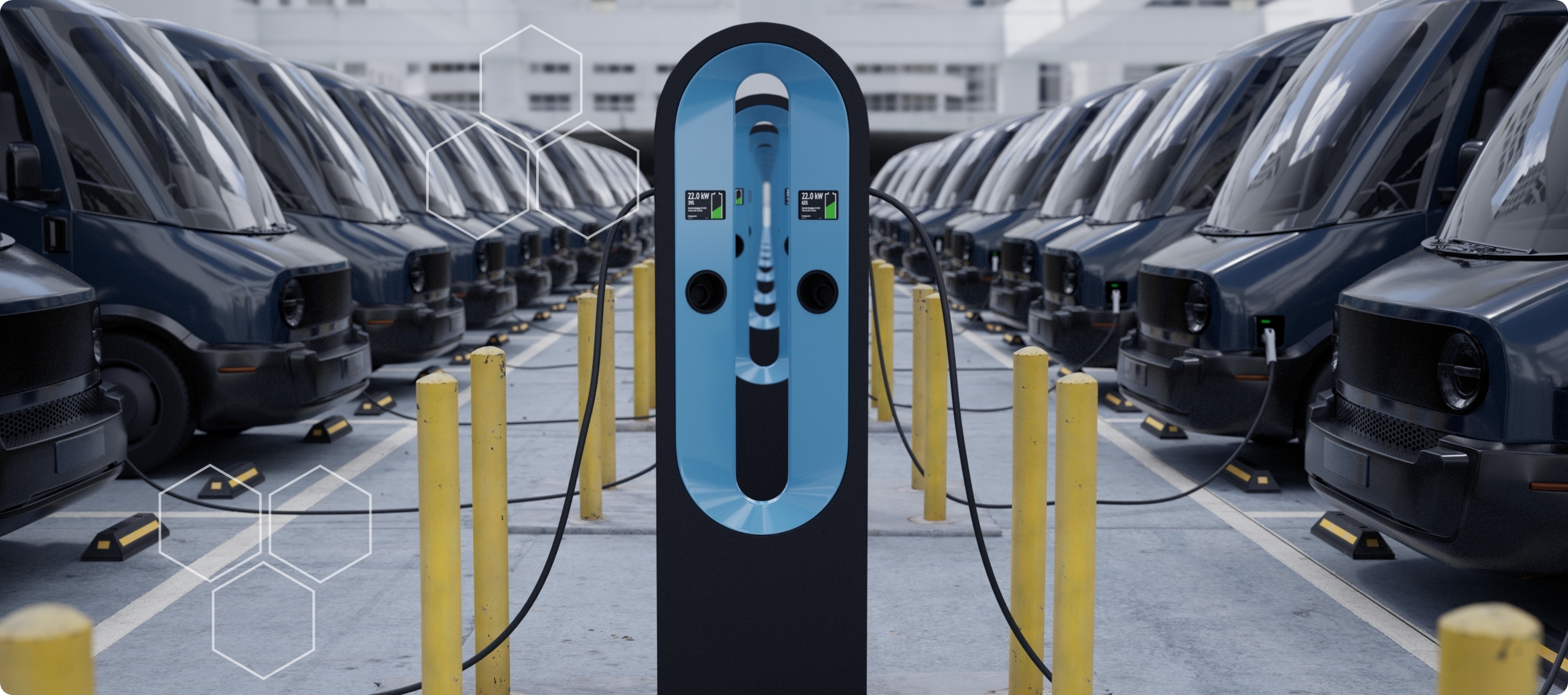“The 2020s will be the decade of the EV,” said Russell Hensley, co-leader of the McKinsey Center for Future Mobility in the Americas on a recent McKinsey Podcast.
The researcher said that new EV vehicle sales adoption will rise from five percent to 50 percent of total cars purchased as economics become more competitive.
Across the country, large brands are transitioning their fleets to electric. From pizza delivery service Dominos, to logistics giant Ryder, to beverage company PepsiCo, big businesses are looking to make their vehicle fleets more sustainable.
But like with any major technological transition, challenges have arisen for large fleet managers.
For instance, historically fleet managers have relied on standardized, cost-per-mile fuel rates or fuel cards to reimburse employees for mileage. For electric vehicle charging and reimbursement, things are more complicated, especially if employees are charging their EVs at home.
This is why Synop, a New York City-based startup that has created an enterprise platform for managing commercial EV fleets, is introducing a new tool that makes charging reimbursement automatic and compliant.

The Take Home Fleet Reimbursement Tool addresses some of the most complex issues that arise from at-home charging. For example, in the continental US, Utah holds the lowest average residential electricity rate of 11.22 cents per kilowatt-hour, while Rhode Island’s average is 31.78 cents per kilowatt-hour. So for fleet owners with EVs in different states, standardized rates don’t make sense. They’re also further complicated by time of use pricing, when electricity costs increase during peak demand hours.
So while flat reimbursements require less administrative work and are easier to manage, when it comes to EVs, fleet managers risk either under or overpaying employees relative to their actual consumption, according to Synop.
This uncertainty can result in plenty of headaches for fleet managers and their teams.
To alleviate any uncertainty around accurate reimbursements, the Home Charging Reimbursement Tool can apply varying rates based on exactly when a vehicle was charged.
So if a vehicle starts charging at the tail end of peak demand and finishes charging at a lower cost, Synop’s platform automatically applies the correct rates – ensuring drivers receive precise payouts.
The new tool also uses data agnostic software to make tracking employees’ charging times less invasive and more streamlined. And the platform integrates with most accounting and expense management software, making reimbursement for charging fast and easy.
In a post on LinkedIn, Synop’s Chief Commercial Officer Mark Braby wrote, “… With this solution, Synop aims to further simplify EV fleet management, ensure precision in take-home fleet reimbursement that’s simple for both employers and employees and continue with our efforts to support sustainable mobility.”











